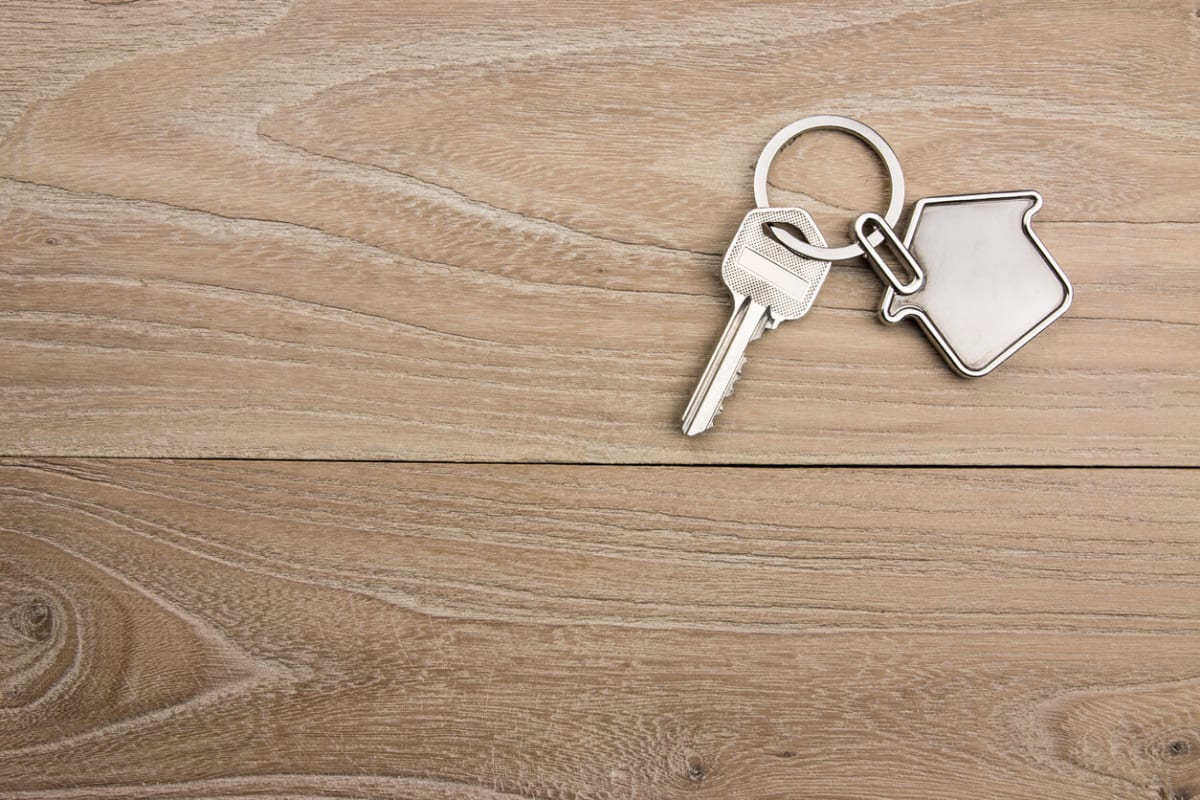When many people consider squatting, they often associate it with homeless individuals who seek refuge in vacant buildings or homes. However, squatting is not at all times done by homeless individuals. Many people squat in homes they don't own in an endeavor to get legal ownership of the property. This is called adverse possession or squatter's rights. In layman terms, it is a legal principle which allows a squatter to get legal ownership of home through prolonged occupation, even minus the owner's permission. This practice is quite controversial, and there are several legal implications to consider. In this blog post, we'll have a closer look at alaska adverse possession, its legal principles, and whether squatters genuinely have the best to eliminate your property.

The term squatter's rights can be used interchangeably with adverse possession, which identifies a legal process where someone gains legal ownership of home through prolonged occupation, even minus the owner's permission. To be successful in this legal practice, a squatter must fulfill specific criteria that are meant to protect the interests of the legal owner of the property. Based on law, someone must occupy the property continuously, openly, and mainly for a specified period, which differs with respect to the state or region. The period of occupation must be hostile, meaning that the master must not have permitted or known concerning the squatter's occupation. Additionally, the squatter must demonstrate they've been paying taxes and maintaining the property throughout the occupation.
Essentially, a squatter must prove they've treated the property as their very own and have continued occupancy of the property for a specified period before they can claim adverse possession of the property. One reason why this legal practice exists is to encourage efficient usage of land. If a property owner doesn't use their property for quite a while, squatters are permitted to occupy it and put it to good use.
It is essential to notice that squatting is an illegal act in a few states and regions, and squatters may face legal action if caught. Therefore, squatters must certanly be very careful when occupying a house, and if caught by the legal owner, they will immediately vacate the property to prevent further legal disputes.
Moreover, if you are a homeowner and suspect that a squatter is occupying your property, you need to contact your local police agency immediately. Contacting the authorities is the best and most efficient method of dealing with squatting since they will investigate and take the required legal action.
Conclusion:
In conclusion, squatter's rights or adverse possession laws are somewhat controversial and complex legal practices. While squatters may have the ability to gain ownership of a house through long period occupation and fulfilling specific conditions, they should demonstrate their curiosity about it while taking care also not to complete it illegally. Homeowners also have to take necessary precautions and remain vigilant when it comes to occupying their property. In any case, legal disputes linked to squatting could be complex and lengthy, and it is important to get legal counsel when navigating adverse possession laws.
